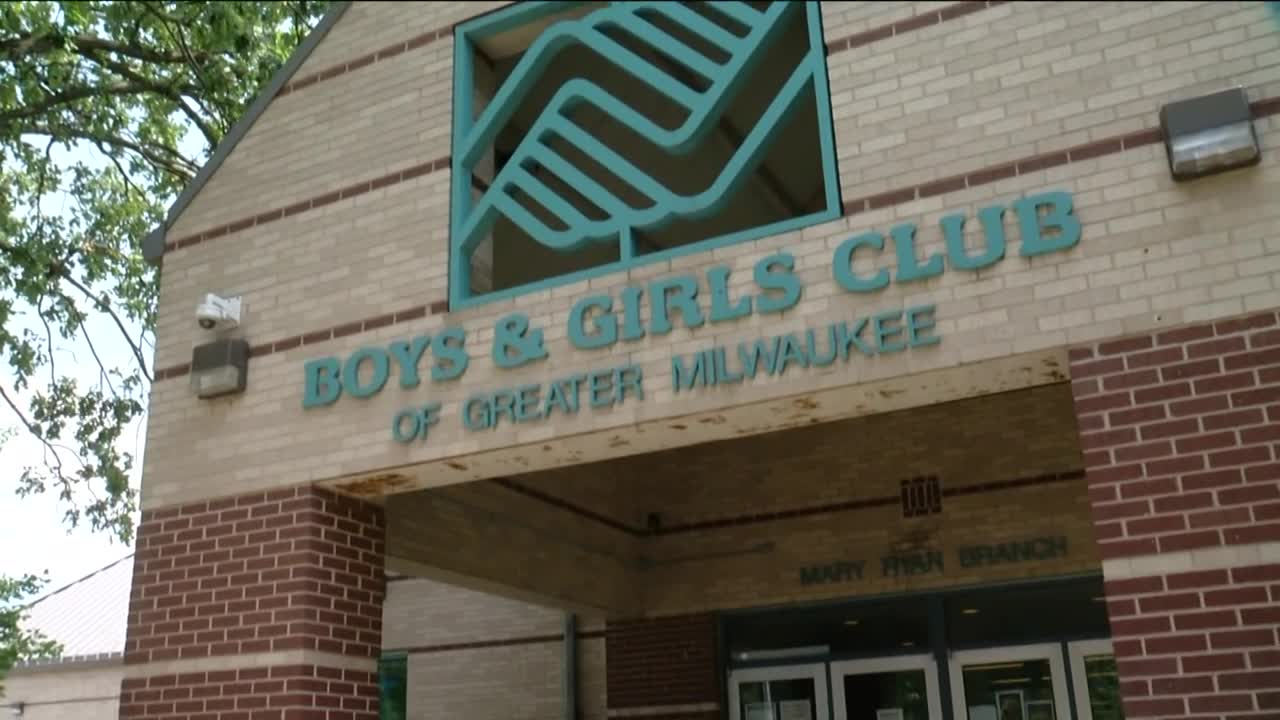MILWAUKEE — A federal grant has sparked an effort to bring mental health support into Milwaukee neighborhoods, focused on kids and families who have experienced trauma.
The $2 million for "Project Thrive" came from the Substance Abuse and Mental Health Services Administration. SaintA, Boys and Girls Clubs of Greater Milwaukee, and the Medical College of Wisconsin partnered to bring community-based care to eight Boys and Girls Club locations.
The team announced the news on Thursday, adding they expect to serve 2,700 over the 5-year funding period. However, leaders believe the work goes beyond those individuals.
"It's a game-changer," said Kathy Thornton-Bias, president and CEO of the Boys and Girls Club of Greater Milwaukee. "It's my hope and belief that what we learn from this project and the information, that data from MCW [Medical College of Wisconsin], will actually affect more like 27,000 kids and families over time."
The Boys and Girls Club sites serve a large number of people who are African American or Latinx, communities that have historically faced inequities and cycles of trauma.
The team said these club sites are places where families already feel safe and heard.
"We talk about mental health being the foundation of health - very little else can be successful without strong, sound mental health. So we believe this is foundational. We believe that every child should have this access," Thornton-Bias said.
The news comes during a time when there is increased concern about depression, anxiety, stress, and the stigma around it. SaintA's president and CEO said it also comes when wait times to get mental health care can last up to a year.
"It helps make that bridge to people who need the care and takes away their responsibility to go and find someplace for help. We also will be able to work with them in a very timely way," said Ann Leinfelder Grove, president and CEO of SaintA.
"The reality is that the inequities that we have seen in the last year have only amplified what has already been a problem in the community," said Congresswoman Gwen Moore.
Youth development professionals at the club sites will get enhanced training to grow awareness in responding to mental health challenges.
Bertha Morrow, a grandmother and retired nurse in Milwaukee, said she will never forget the toll that trauma and lack of mental health support had on kids when she worked in schools.
"Poor attendance of school, not able to concentrate, anger that's geared toward their peers and their teachers, and then they don't understand what's causing it," Morrow said.
However, Morrow was happy to hear the news and believes serving people where they are will make a difference.
"It needs to be taught that it's not a stigma just like any other physical ailments, diabetes or hypertension things. This is a disease and needs to be treated," Morrow said.
The Medical College of Wisconsin will focus on collecting data through this effort to inform future work and address gaps in mental health research in communities of color.




